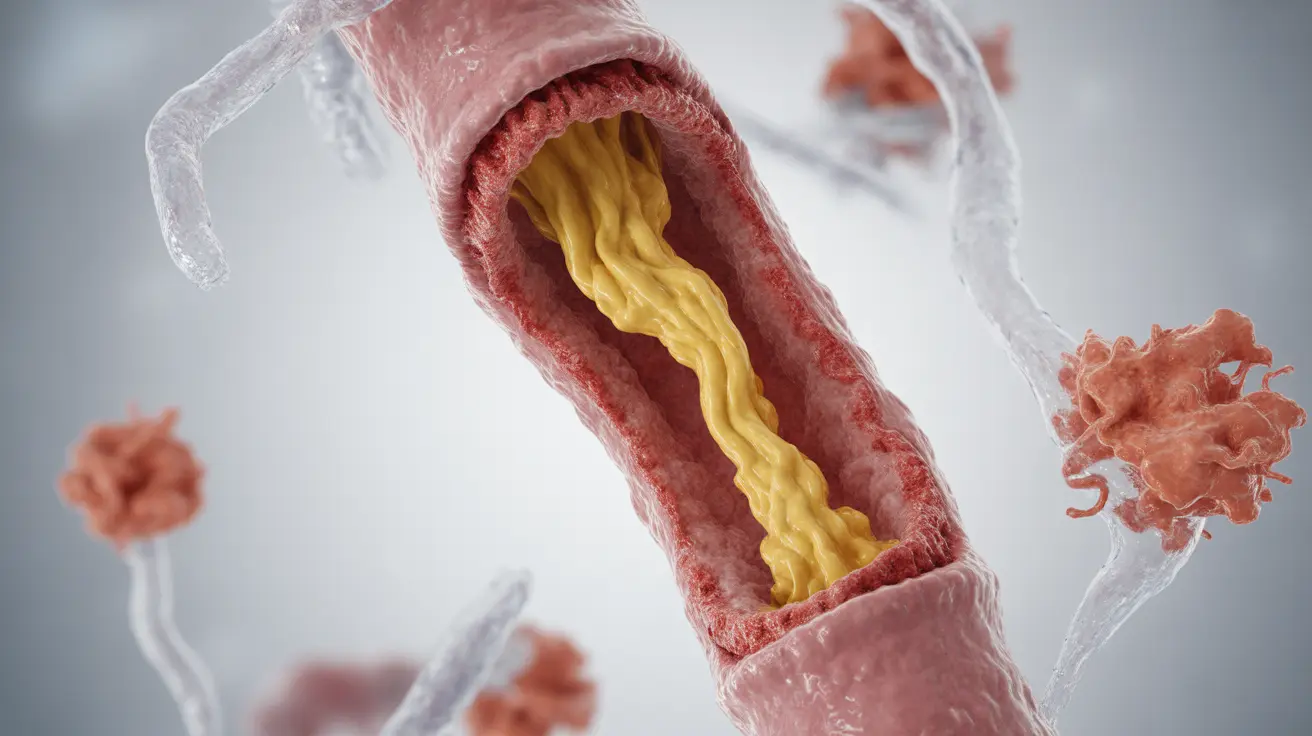A persistent cough that lingers after a viral respiratory infection can be both frustrating and concerning. This common condition, known as a post-viral cough, affects many people recovering from viral illnesses such as the common cold, flu, or COVID-19. Understanding its causes, duration, and treatment options can help you manage this uncomfortable symptom more effectively.
While the initial viral infection may have cleared, the resulting cough can persist for weeks, impacting your daily life and sleep quality. This comprehensive guide will explore why post-viral coughs occur and what you can do to find relief.
Understanding Post-Viral Cough
A post-viral cough develops as a result of inflammation and irritation in the airways following a viral respiratory infection. Even after your body has fought off the virus, the healing process in your respiratory system continues, often manifesting as a persistent cough that can last for several weeks.
This type of cough typically presents as a dry, tickly sensation, though some people may experience productive coughs with mucus. The severity and duration can vary significantly among individuals, depending on factors such as overall health status and the specific virus involved.
Common Causes and Mechanisms
Several factors contribute to the development and persistence of a post-viral cough:
- Temporary damage to airway tissues
- Increased sensitivity of cough receptors
- Inflammation in the upper and lower airways
- Post-nasal drip
- Temporary bronchial hyperresponsiveness
Effective Management Strategies
Natural Remedies
Several home-based approaches can help alleviate post-viral cough symptoms:
- Staying well-hydrated with water and warm liquids
- Using honey and lemon in warm water
- Maintaining optimal indoor humidity
- Practicing good sleep hygiene
- Using steam inhalation
Lifestyle Modifications
Making certain lifestyle adjustments can support recovery:
- Avoiding irritants like smoke and strong fragrances
- Elevating the head while sleeping
- Getting adequate rest
- Maintaining good air quality in living spaces
- Practicing gentle breathing exercises
Medical Interventions
While post-viral cough often resolves on its own, certain medical treatments may help manage symptoms:
- Inhaled corticosteroids for inflammation
- Antihistamines for post-nasal drip
- Prescribed cough suppressants when appropriate
- Bronchodilators in cases of significant airway reactivity
When to Seek Professional Help
Consider consulting a healthcare provider if you experience:
- Cough lasting more than 8 weeks
- Difficulty breathing or chest pain
- Coughing up blood
- Significant sleep disruption
- Worsening symptoms over time
Frequently Asked Questions
How long does a post-viral cough usually last after a respiratory infection?
A post-viral cough typically lasts between 3 to 8 weeks, though some cases may persist longer. Most cases resolve naturally within this timeframe as the airways heal.
What causes a post-viral cough and why does it persist after the infection is gone?
Post-viral cough occurs due to inflammation and temporary damage to airway tissues caused by the initial viral infection. It persists because the healing process in the airways continues even after the virus is eliminated, leading to increased sensitivity and irritation.
What home remedies or self-care measures help relieve a post-viral cough?
Effective home remedies include staying hydrated, using honey in warm drinks, maintaining proper humidity, avoiding irritants, and getting adequate rest. Steam inhalation and elevation while sleeping can also provide relief.
When should I see a doctor for a cough that started after a viral illness?
Seek medical attention if your cough persists beyond 8 weeks, is accompanied by difficulty breathing or chest pain, produces blood, significantly disrupts sleep, or shows signs of worsening rather than improving.
Are over-the-counter cough medicines effective for treating a post-viral cough?
Over-the-counter cough medicines may provide temporary symptom relief but generally don't address the underlying cause. Their effectiveness varies among individuals, and it's best to consult with a healthcare provider before starting any medication.




